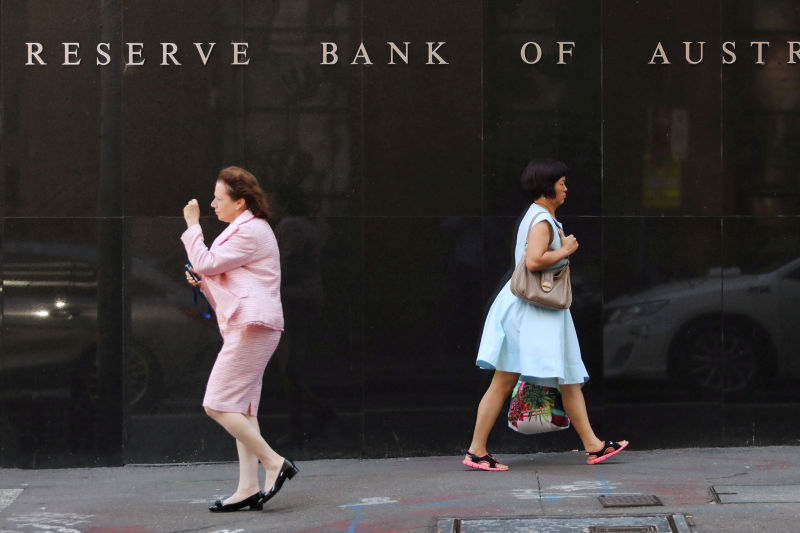Australia’s declining unemployment rate should prompt the country’s central bank to end bond purchases, analysts say.
The jobless rate dropped to 4.2% – sparking an offer by Prime Minister Scott Morrison to waive visa charges to foreign backpackers – although the workforce participation rate remained at 66.1%.
The December reading was the lowest since August 2008.
“The low unemployment rate and increase in hours should bolster the Reserve Bank of Australia’s (RBA) confidence that bond purchases will no longer be needed after February,” a Barclays Bank team led by Singapore analyst Shreya Sodhani wrote in a note.
“We expect the RBA to end its purchases at its February 1 meeting,” she added.
The gains were concentrated in the two most populous states, New South Wales and Victoria, highlighting a continuation of the recovery from recent pandemic-related lockdowns.
“With employment in each state now around the previous peak, those recoveries are now complete,” Ben Udy, Australia and New Zealand economist at Capital Economics, said.
Philip Lowe, the RBA governor, said last year that the bank would end asset purchases in February if the economy outperformed expectations.
“Given that the Bank had only expected the unemployment rate to drop to 4.5% by the middle of this year and to 4.25% by the end of the year, that threshold is being met,” Udy added.
However, the post-Delta rebound is now running into a fresh headwind from Omicron, some analysts argue.
“While we have not witnessed lockdowns with this latest wave, we note that mobility has fallen, confidence has been somewhat shaken, and there are multiple reports of supply-chain issues and related labour issues, from workers sidelined by Omicron,” Andrew Ticehurst, senior economist at Nomura in Sydney, said.
- George Russell
READ MORE:
Australia’s Crown Set to Back $6.5bn Blackstone Buyout Offer
Crédit Agricole CIB Wins Full Australian Bank Licence
Singtel Flags $216m Exposure in Australia Tax Case Defeat
























